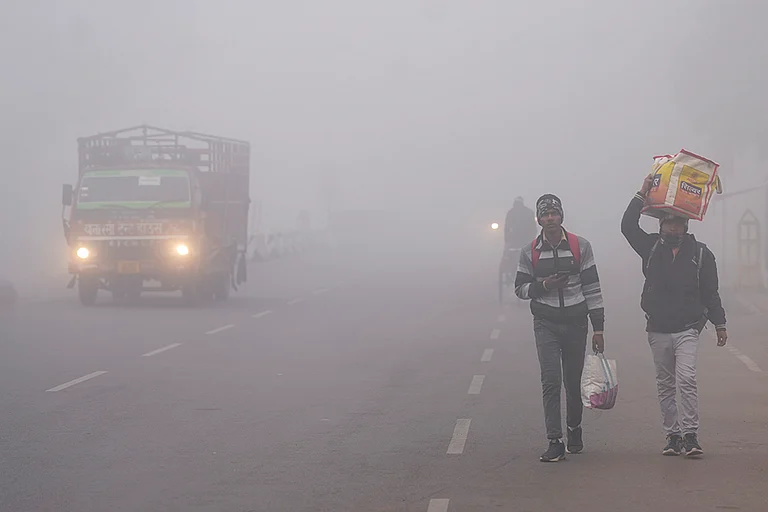As a record-breaking heat wave expands into the central and eastern US, millions of Americans remain under heat alerts. The stern heat wave has already set dozens of records and has been linked to at least 30 fatalities in the West. Over the past week, it has scorched much of the western U.S., the South, Southeast, mid-Atlantic, and southern New England. More than 141 million Americans were under some form of heat alert on Sunday, according to Heat.gov.
Heat wave intensifies across the nation
The National Weather Service reported that a broad heatwave will continue from the Plains to the East Coast over the next few days, with particularly intense heat expected in urban centers across the Southeast, Ohio Valley, and along the East Coast.
AccuWeather meteorologists have warned that temperatures will climb "above the historical average" across a large part of the eastern U.S. through Tuesday and millions are expected to experience temperatures of 90 degrees or higher. At least 30 million people will be facing temperatures of 100 degrees or higher.
Urban areas in the Southeast, Ohio Valley, and along the East Coast are at major to extreme risk from the heat, the weather service said. These conditions are "dangerous and potentially deadly" for those without access to effective cooling and hydration.
According to the weather service , extensive temperatures are possible along the East Coast and in portions of the Ohio Valley and Southeast.
Texas power outages amid heat wave
In southeast Texas, hundreds of thousands of residents remain without power after Hurricane Beryl hit the region earlier in the week. As of Sunday afternoon, over 390,000 people were without power, according to Poweroutage.us.
The lack of electricity and soaring temperatures have forced some residents to seek refuge in their cars, while others have packed into the homes of relatives or slept in cooling centers. At least one death is believed to be linked to heat exposure, and at least two people in Harris County died from carbon monoxide poisoning, a risk when operating home generators, according to USA TODAY.
Severe thunderstorms threaten northern plains to upper Mississippi Valley
While heat grips much of the U.S., forecasters say strong to severe thunderstorms threaten parts of the northern Plains into the upper Mississippi Valley. Damaging wind gusts are the primary threat, with large hail and a few tornadoes also possible.
The Storm Prediction Center indicated a slight risk of severe weather over portions of the Great Lakes, Ohio Valley, and the northern Plains into Sunday evening. The risk is expected to increase on Monday for parts of the upper Mississippi Valley into the Great Lakes, where a greater threat of widespread, significant damaging winds will exist, according to the weather service.
Water crisis in Northern California
The prolonged heat wave is also causing significant water loss in Northern California. In the first nine days of July, more than 3,000 cubic feet per second of water—about 2.2 billion gallons—evaporated from Lake Shasta, the state's largest man-made lake. Other reservoirs, including Trinity Lake and Keswick Lake, have similarly lost millions of gallons of water during this period, worsening the region's water crisis.
This extreme weather underscores the urgent need for preparedness and adaptation as climate change continues to intensify weather patterns across the United States.




























